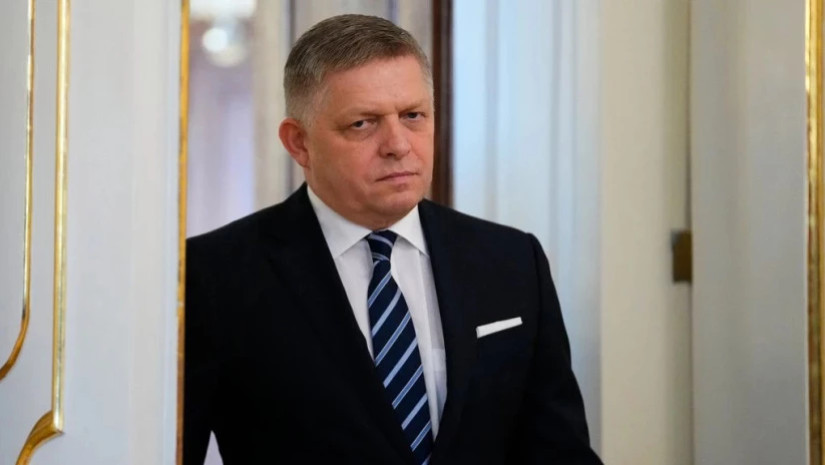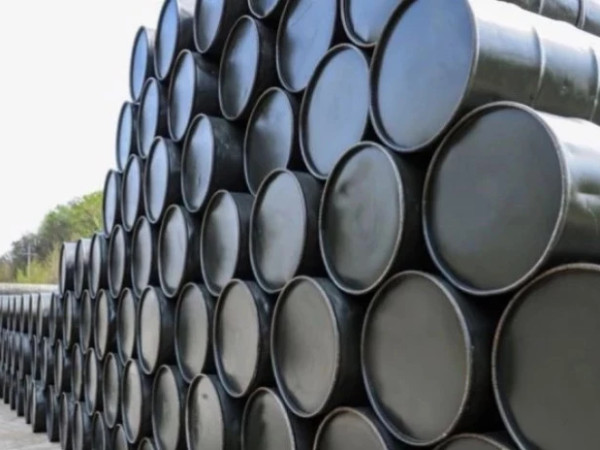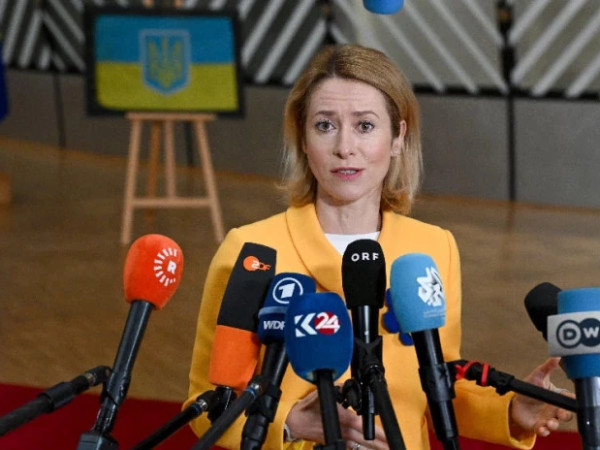The breakthrough on Friday was made only possible after Slovak Prime Minister Robert Fico agreed to lift his veto.
The European Union has agreed to impose a new round of sanctions against Russia, targeting the country's energy and financial sectors in a bid to tighten the screws on the Kremlin's war machine and force a temporary ceasefire in Ukraine.
The sanctions, endorsed on Friday by ambassadors in Brussels, ban all transactions with 22 Russian banks, the Russian Direct Investment Fund and its subsidiaries, and the direct and indirect use of the underwater Nord Stream pipelines, which are currently closed off but which Moscow seeks to restart at some point in the future.
Additionally, the EU transforms the price cap on Russian crude oil, fixed at $60 per barrel since December 2022, into a dynamic mechanism that will remain 15% lower than the average market price, according to diplomatic sources.
The new cap will kick in at $47.6 per barrel and be automatically adjusted every six months, with the possibility of ad-hoc tweaks if the market fluctuations require.
During an EU summit last month, Slovak Prime Minister Robert Fico upped the ante with a series of demands for financial compensation that were not met.
Fico said his country risked facing a lawsuit from Gazprom, Russia's gas monopoly, worth between €16 and €20 billion due to the termination of its long-term contract, which runs until 2034. The Commission, by contrast, argues the gas bans will act as "force majeure" in court and shield governments and companies against damages.


















